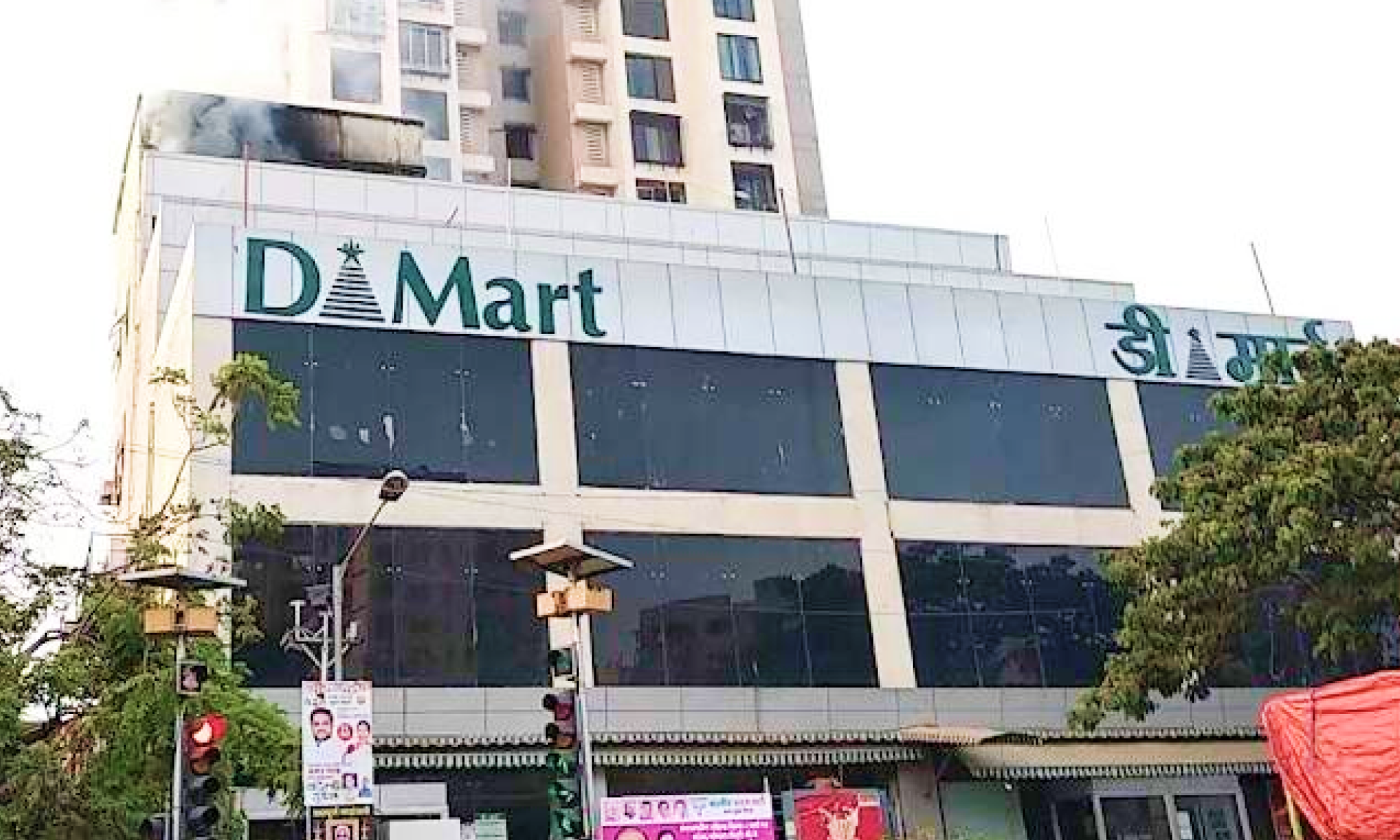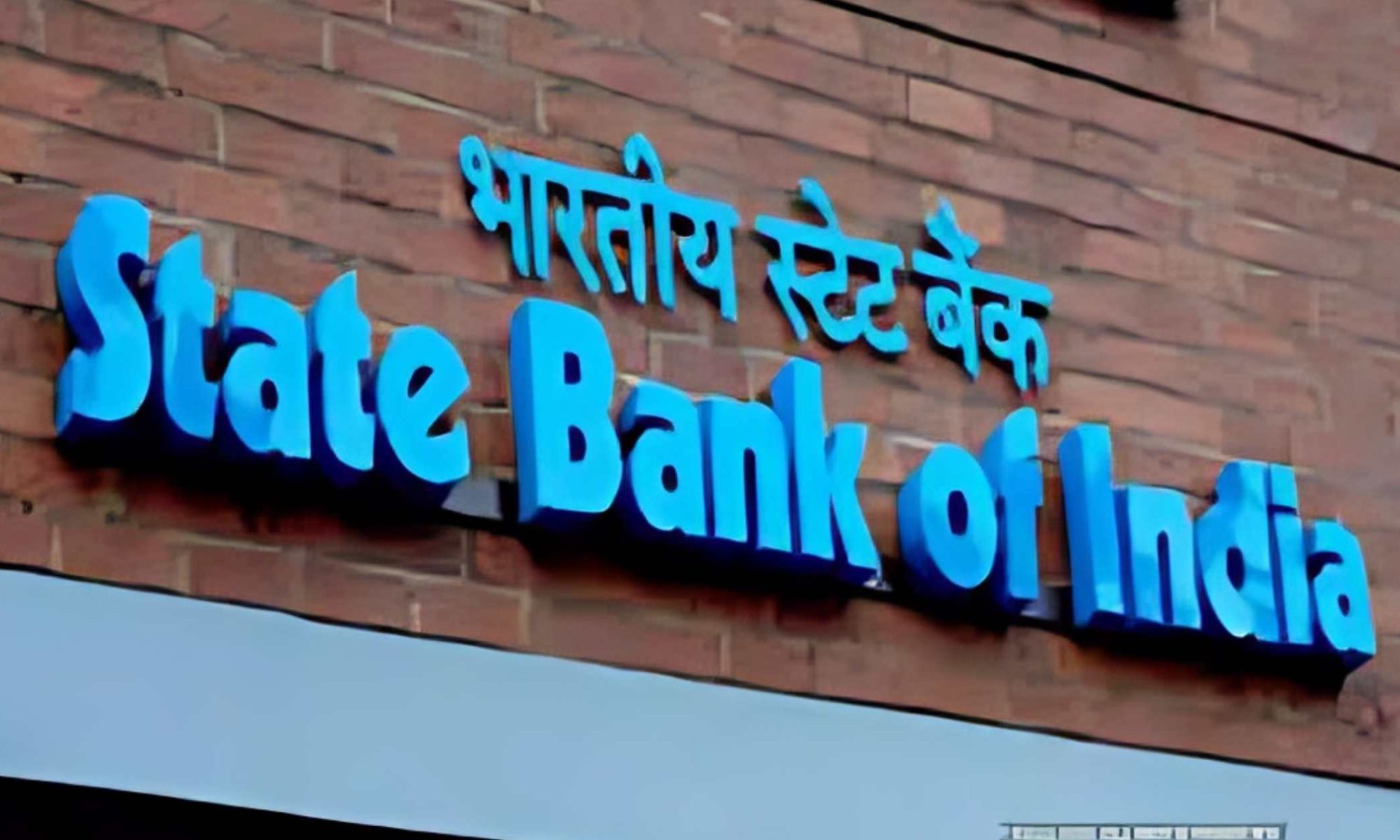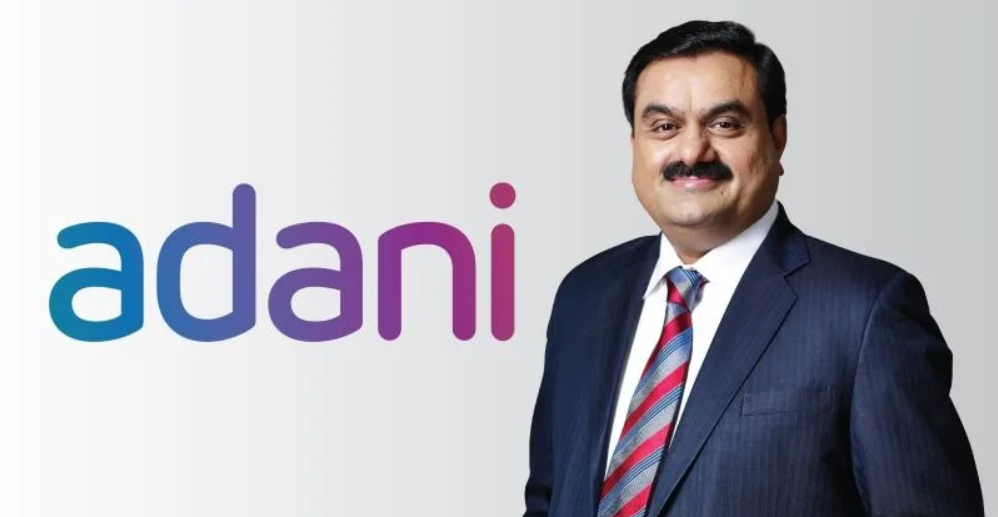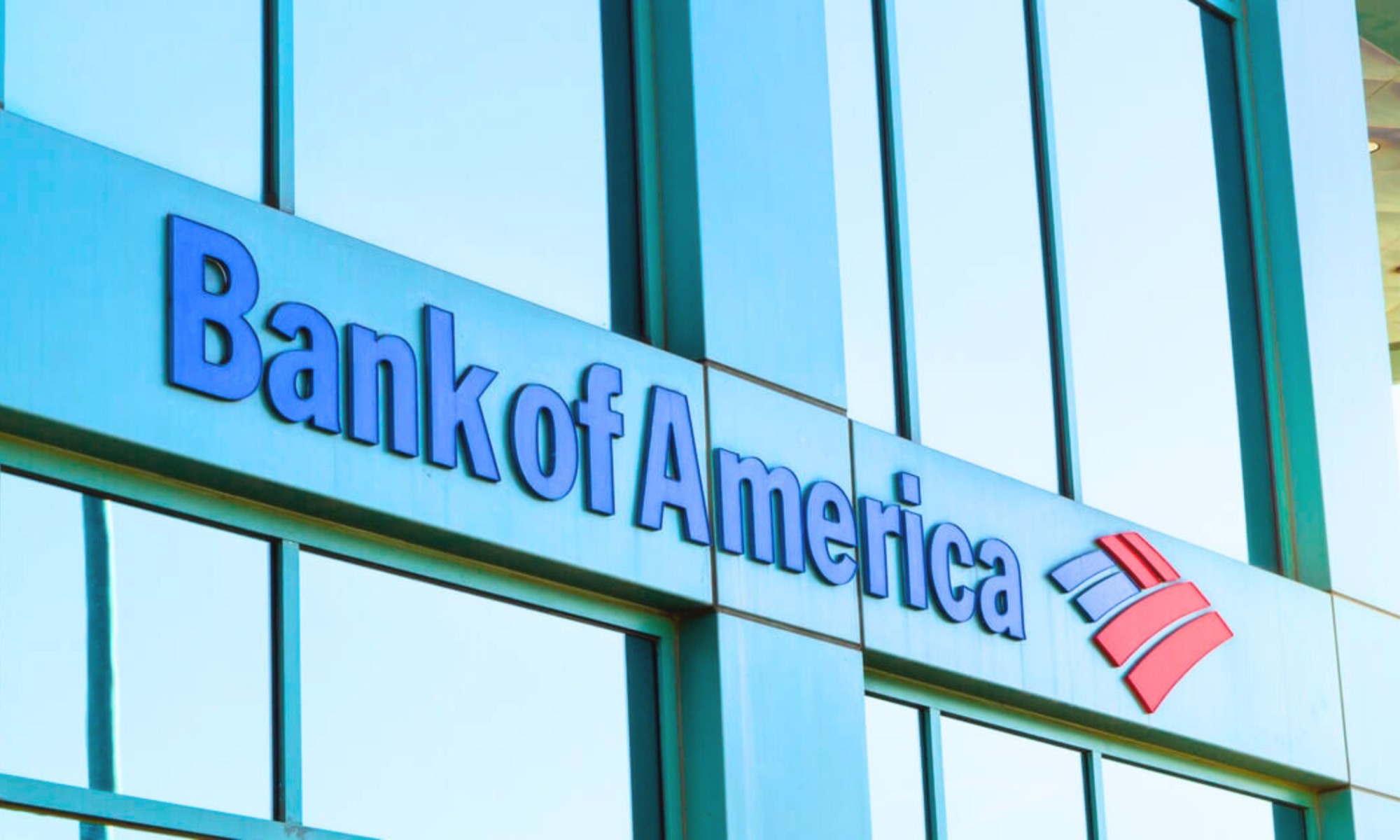Dvok Buildcon, a Gurugram-based real estate developer purchased an 18-acre plot of land in Gurugram, valued at Rs 310 Crore as revealed by documents accessed by CRE Matrix. With this strategic investment, the business marks its expansion into one of India’s most lucrative real estate industries. Gurugram is famous for its rapid urbanization and great infrastructure. The region has immense potential for the growth of residential homes as well as commercial projects.
The newly acquired land is an agricultural plot situated near Manesar, a prime location, enhancing its value and attractiveness for future developments. Dvok paid Rs 21.72 crore as stamp duty, according to the documents. This prime location gives a myriad of developments that Dvok Buildcon can venture into, be it residential or commercial. Real estate in the area is rife and a sure method of obtaining a good return on investment, as the demand for quality living and working space continues to rise.
Despite record-high residential demand, renowned developers, along with other entities, continue to acquire land across India. Besides residential projects, sectors like commercial, retail, industrial, and warehousing are driving prime land deals. In 2022–23, 88 land deals covering 1,886 acres were completed across various cities. This increased to 2,989 acres in 2023–24. The residential segment remains the primary driver of the Indian real estate market. Among the top seven cities, NCR led with 29 deals for 313 acres, followed by MMR with 19 deals for 157 acres, and Bengaluru with 14 deals for 490 acres.
Gurugram’s vibrant lifestyle, contemporary amenities, and seamless connectivity make it a popular choice for families and professionals. By providing luxurious housing solutions that satisfy aspirational aspirations, Dvok Buildcon may take advantage of this demand. Also, there are plenty of chances for commercial development in Gurugram because of its reputation as a major business hub home to various global corporations and commercial complexes. Strategically located modern office spaces would draw in firms and provide strong rental yields and long-term profitability.
Recent Transactions
In the last few months, significant real estate transactions have been completed in Gurugram. The increased activity indicates investors’ faith in the market’s growth potential and long-term profitability. In a recent transaction, Chintels India transferred ownership of two land parcels in Dwarka Expressway valued at Rs 121.82 crore and covering a total area of 7.85 acres to Sobha Ltd in Gurugram.
In another transaction, Virat Kohli leased out 12 office spaces in Gurugram for an annual rent of Rs 1.27 crore.
Elevate your decisions in real estate as a developer with CRE Matrix‘s data-driven insights. Book a demo now.











